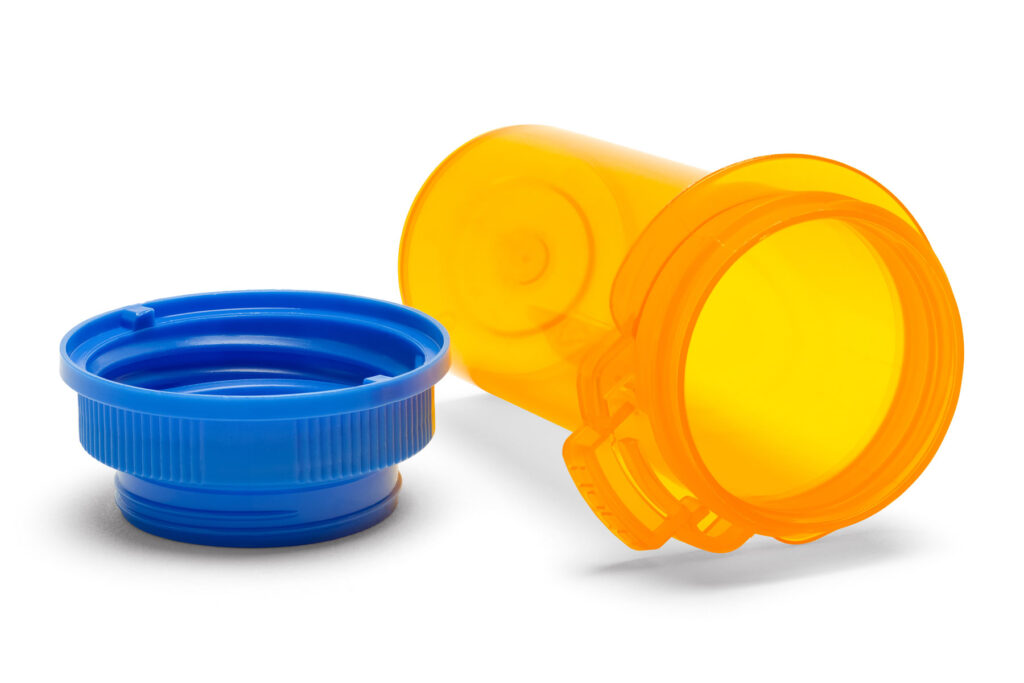There is a natural tendency to assume that all prescribed medications are safe. And when used as prescribed, they are. That said, misusing medications like Klonopin could lead to drug dependency and addiction. If you or someone you know could benefit from one of our addiction treatment programs, call Promises today at 844.875.5609.
What Is Klonopin?
Klonopin is the brand name for a type of benzodiazepine, a depressant prescribed to help treat things like anxiety, panic disorder, and other mental health disorders. Klonopin may also be prescribed to treat seizure disorders in both children and adults.
However, the misuse of Klonopin can slow your breathing or lead to a fatal overdose. Some people also experience suicidal thoughts while taking Klonopin. Speak to your doctor immediately if you have changes in your behavior or mood or have thoughts of suicide while taking the medication.
Is Klonopin a Narcotic?
In the recent past, all drugs that alleviate pain, especially illegal drugs, were referred to as “narcotics,” but that is an inaccurate categorization and one that continues to cause confusion.
Narcotics are a drug group derived from opioids, which themselves may be prescribed to manage pain and address other health issues. Some of the most common opioid-based substances include the following:
- Morphine
- Fentanyl
- Hydrocodone
- Oxycodone
- Heroin
- Codeine
- Tramadol
- Methadone
- Hydromorphone
As a benzodiazepine, Klonopin works on the nervous system. It decreases nervous system activity to help relieve the symptoms of anxiety and also control seizures.
Returning to the initial question, is Klonopin a narcotic? No, but like opioids, benzodiazepines are controlled substances. Klonopin is only legally available with a prescription, and it is still considered highly addictive if misused. Even taking the medication as described can lead to addiction.
Signs of Klonopin Addiction
Some individuals develop an addiction to Klonopin within a few weeks of starting it. The first stage of addiction begins with building a tolerance to the drug. Needing larger and more frequent doses of Klonopin to achieve the desired effects is a major warning sign to be aware of.
Other warning signs of Klonopin addiction include things such as:
- Persistent cravings for the drug
- Being unable to quit using Klonopin even though you want to
- A loss of interest in activities you once enjoyed
- Continuing to use Klonopin despite experiencing negative consequences
- Family members and close friends expressing concern about your Klonopin use
Once the body becomes dependent on Klonopin, the brain is no longer able to produce the chemicals that cause feelings of relaxation without the drug. It’s one of the biggest reasons why it is so difficult to stop taking Klonopin once addicted.
Individuals with a high tolerance to the substance experience withdrawal symptoms when they try to stop using the drug. The side effects of Klonopin withdrawal can be deadly, especially if you try to quit taking the drug cold turkey.
Following a tapering-off program or comprehensive substance treatment program is the safest approach. It will include a medically supervised detox program, through which detox clients will experience milder side effects and lower their risk of life-threatening seizures.
Treatment for Klonopin Addiction
Recovery clients who have developed a Klonopin addiction may also be living with an anxiety disorder, a set of circumstances that is considered a dual diagnosis. Treating both the anxiety and the addiction is the key to lasting recovery.
Therapies recommended in an individualized treatment plan may include the following:
- Medical detox
- Dialectical behavior therapy
- Group therapy
- Individual therapy
- Stress management
- Mindfulness exercises
Treatment for anxiety that does not include potentially addictive medication is key. Without proper management for anxiety, resisting Klonopin or other substances is almost impossible. A holistic approach to recovery that considers all of the individual’s needs is the best option.
Find Freedom from Klonopin Addiction at Promises
It is possible to reduce anxiety symptoms without the use of addictive medications. Call Promises today at 844.875.5609 to learn more about how our recovery program can help you find freedom from a Klonopin addiction.

